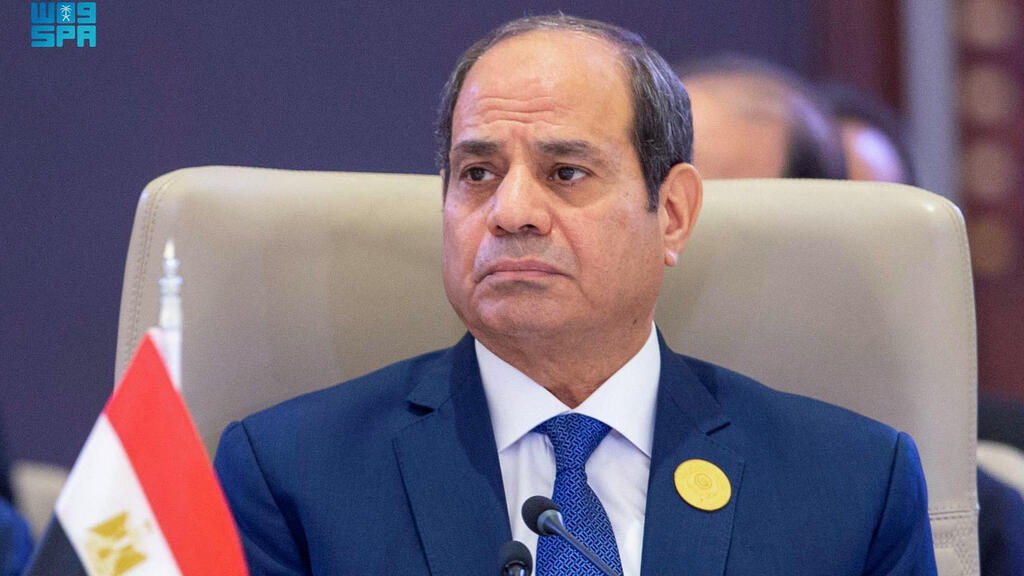Hulileh’s candidacy is being promoted in part by controversial lobbyist Ari Ben-Menashe, a former Israeli now based in Canada. Ben-Menashe says the initiative has gained momentum in recent weeks following meetings in the U.S. and Hulileh’s contacts in Egypt.
In 2005, he served as secretary-general of the Palestinian government and later as deputy minister of economy and trade, chairman of the board at the Palestine Economic Policy Research Institute, board member of the Palestine Trade Center, CEO of PADICO—Palestine’s largest holding company—and chairman of the Palestinian Stock Exchange.
According to filings with the U.S. Justice Department, Ben-Menashe registered as a lobbyist for Hulileh several months ago, with the stated goal of persuading U.S. policymakers to advance his candidacy as Gaza governor. The logic behind it aims that all parties would prefer Gaza to be run by a Palestinian figure operating under U.S. and Arab League protection.
Ben-Menashe—an Iranian-born former Israeli intelligence officer—has a long and sometimes controversial history. He was allegedly involved in the Iran-Contra affair in the early 1980s, stood trial in the U.S. and was acquitted. After emigrating to Australia and later Canada, he claimed to have worked for the Mossad and former prime minister Yitzhak Shamir, claims Israel denied.
Since registering as a lobbyist in the U.S., he has represented clients including Zimbabwe’s late president Robert Mugabe, Myanmar’s military junta and others. His current roster reportedly includes Kyrgyzstan, Congo, Vanuatu, Burkina Faso’s president and Sudan’s military rulers.
In an interview with Shomrim, Ben-Menashe confirmed his role in promoting Hulileh and said the effort was personally important to him. “It’s good for the Jews,” he said, adding that the plan is being advanced with senior U.S. officials and envisions Hulileh operating under Arab League auspices—particularly Egypt and Saudi Arabia.
This, he argued, would avoid Israeli opposition to officially placing Gaza under Palestinian Authority control. Ben-Menashe’s filings in the U.S. outline a broader proposal: stationing U.S. and Arab forces in Gaza, securing UN recognition of a special status for the territory, leasing land from Egypt for an airport and seaport in Sinai, obtaining gas drilling rights off Gaza’s coast and more.
Speaking from Amman, Hulileh described himself as somewhat more cautious. He said the idea originated with Ben-Menashe, who traveled from Canada to meet him and outline the concept. Asked who was funding the lobbying, Hulileh said, “Money has never been the problem,” adding that he has so far paid Ben-Menashe $130,000 out of a $300,000 contract.
Law and order would also need to be restored, with authority in Gaza “neither from the Palestinian Authority nor from Hamas” but respected by residents. The territory, he stressed, could not remain awash in weapons from “remnants of Hamas or Islamic Jihad.”
Nothing, he emphasized, will move forward until the war ends, though he noted signs of optimism. In recent days, he said, Israel appeared for the first time willing to discuss ending the war, not just a temporary ceasefire, in coordination with the U.S.
He cited remarks by Trump’s special envoy, Steve Witkoff, who recently told hostage families, “The plan is to finish the war, not extend it. We think the negotiations should shift to all-or-nothing—end the war and bring all the hostages home at the same time. Only that way.”






